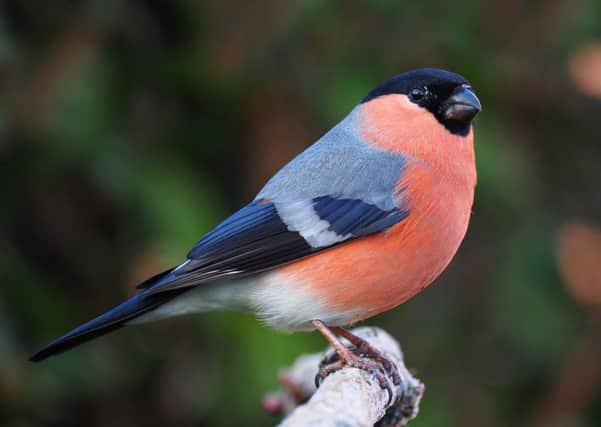Birds fall silent as moulting season begins


Feathers make birds unique in the animal world. They’re essential for flight, for advertising, for camouflage, for insulation and water-proofing. You must have noticed moulted feathers in the streets, and by Seamer Road Mere there are more than ever.
Hundreds of swans, ducks, gulls and geese are fed near the cafe, and now countless goslings have joined the throng.
Advertisement
Hide AdAdvertisement
Hide AdSadly, some birds such as ducks, geese and swans, lose all their flight feathers at once, which makes them flightless for some time. Other birds lose them more gradually, but they tend to hide away more so as to be less vulnerable. Blackbirds, for example, no longer sing from roof tops and tree tops, and following spring’s bird chorus, it now seems to be a silent world.
At least the swifts remain with us. Today, as I walked into town, a party of eight to ten screaming swifts chased low over rooftops.
Their rapid, winnowing wing-beats alternated with short glides. Although the bill is small, the gape is enormous to help catch its insect food. Swifts are the latest migrants to arrive here, and the first to leave, so it’s a short season in Britain.
We’ve seen very few swallows and house martins this year, and no sand martins at all. We must check a couple of nesting colonies we used to watch in the area.
Advertisement
Hide AdAdvertisement
Hide AdNow, two or three years ago, a handsome cherry tree which grew on Scalby Road was felled by the council. Tigger and myself were so disappointed, as its cherries had been shared each time we walked that way, and they were delicious.
Today we found another cherry tree.
Our attention was drawn to an area of squashed cherries where we walked, and a bird gorging itself on the succulent fruit.
‘Tigger’ is renowned for being a bouncer, but these were certainly out of his reach, so I picked a spray of juicy, dark red berries, and they were lovely and sweet.
No good picking any for Michael, as he’s more interested in its wood, and has made grand walking sticks of cherry wood in the past.
Advertisement
Hide AdAdvertisement
Hide AdThe white and pink-petalled flowers of brambles are abundant in the hedgerows. By August they’ll be transformed into juicy, purple blackberries which have been loved and picked across the world for generations.
That’s the time when Tigger picks his own fruit, selecting the ripest at his level.
Friend Rachel wrote to tell me about her ‘special’ birthday. Of added interest was her sighting of a bullfinch. What handsome, colourful birds they are, but damage to buds on fruit trees can seriously reduce a crop, alas!